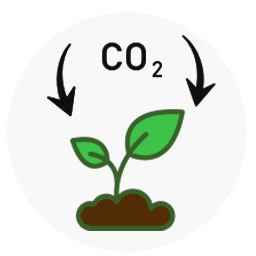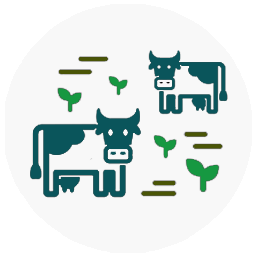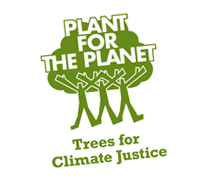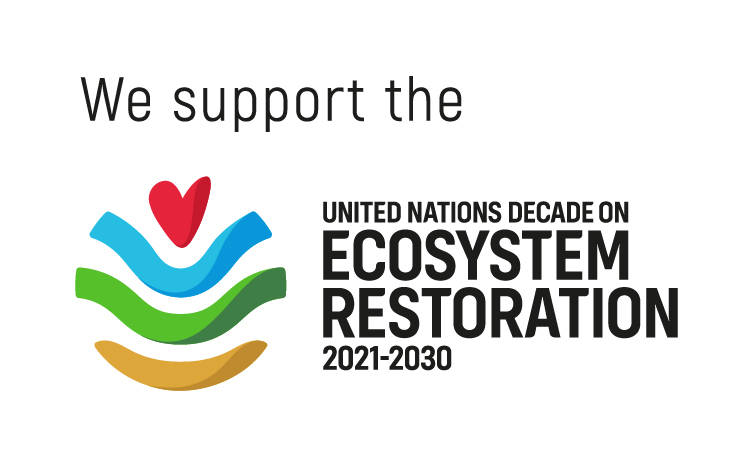Trees for Farmers®
Harda, Madhya Pradesh, India
Project Purpose
Trees for Water®Location

The project activity was carried out during the financial year 2016-17 in the Harda district, covering village ranges of Gahal, Balagaon, Ehalvada, Kathadi, and Gondagaon Kalan. The villages are situated adjoining the banks of the river Narmada and its tributaries, mainly Ajnal, Sukhni, Bakud, and Ganjal in Madhya Pradesh, India.

Carbon Sequestration

Groundwater
Recharge

Reduction of
Man-Animal Conflict

Providing Fodder
for Livestock

Generation of
Rural Employment

Control Soil Erosion
Why Trees?
“Trees act as windbreaks and protect the valuable topsoil from erosion, which in turn retains the fertility of the soil, thereby, aiding in agriculture and providing with a good produce”, according to Clive David, University of Wisconsin-Stevens Point, College of Natural Resources. The State Government of Victoria stresses the contribution of trees in improving groundwater recharge. The Food and Agriculture Organization (FAO) also mentions the importance of trees in contributing to the protection of soil and in improving its quality, leading to healthy crops and eventually ensuring food security. The Guardian mentions the importance of trees in pest control and soil nourishment. Thus, to improve the agricultural output as well as the overall environment of an area, trees are extremely important.
The teak is a large, deciduous tropical tree and is widely established throughout the tropics due to its multi-dimensional agro-environmental benefits. Plantation of the teak is beneficial in the protection of water and soil resources by reducing bulk density, increasing the availability of nutrients and producing and storing more organic material. Teak has the highest capacity for carbon sequestration among the other trees in India. Because of its limited closure of the species canopy, teak enables farmers to diversify production, reduce farm risk, contribute to food security and generate income opportunities.
Bamboo is a fast-growing species, having an average height of 20-30mtr and it grows the best along riverbanks or valleys with fertile and moist soil. Plantation of Bamboo will function as carbon sinks, provide organic matter, and regulate water levels in watersheds. It is a sustainable resource because of its vegetation spreads which allows the formation of forests much faster as compared to other tree species. Moreover, a bamboo plantation in and around crop fields creates bio-fence which is helpful in tackling human-wildlife conflict. Unlike other types of commercial forestry crops where trees must be clear-cut and replanted, in bamboo plantations only mature stems are harvested while younger stems are left untouched to mature and develop.
Social Impact
The plantation of local trees along the riverbanks could be the most effective restoration project, enhancing the overall ecological health and ecosystem services. On maturity, these trees have the capability to sequestrate approximately 120,000 kgs of carbon annually while also generating over 4,900 workdays of rural employment. The trees planted will help to reduce the risk of flooding, act as security for the farmers’ crops, help in conserving the soil and will also help to rejuvenate the water table near the riverbanks. They will provide shade, clean the soil and filter the water percolating through it by absorbing chemicals and other pollutants. The tree plantation project will also be beneficial in reducing the harmful effects of concentrated industrial-chemical wastes and in controlling surface run-off.
Adoption Summary:
| Name of the Company | Number of Trees Adopted | FY |
|---|---|---|
| Development Corporation Bank (DCB) | 10,000 | 2018-19 |









